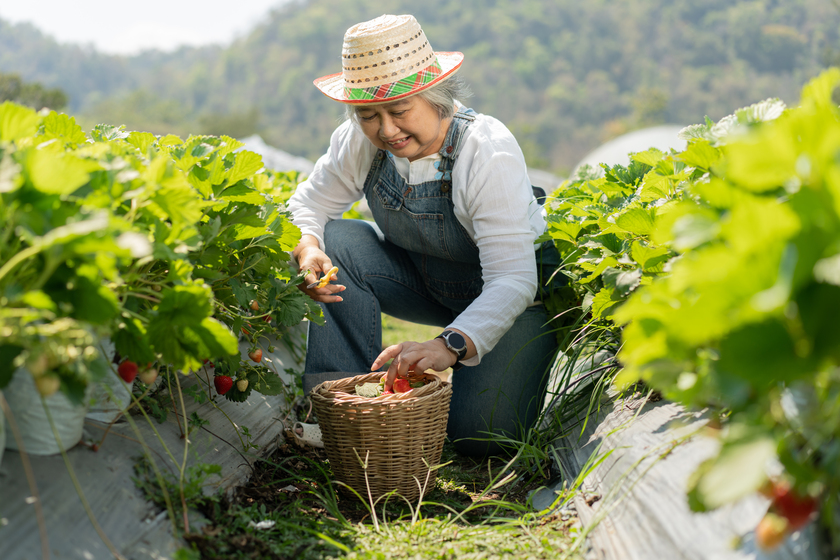As people age, they may find themselves feeling isolated and disconnected from the world around them. One way to combat these feelings is by participating in intergenerational activities, which are events or programs that bring together people from different age groups. These activities have been shown to have numerous benefits for the elderly, and should be continued as individuals grow older. In this article, we will explore the reasons why you should continue to participate in intergenerational activities as you age.
Social Connection
One of the most significant benefits of intergenerational activities is the social connection they provide. Participating in activities with people of different ages can help the elderly feel more connected to their communities and reduce feelings of loneliness and senior isolation. This is especially important for older adults who may have lost loved ones or are living alone.
Mental Stimulation
Participating in intergenerational activities can also provide mental stimulation, which is essential for cognitive health. Engaging in new activities, learning from younger generations, and adapting to new technologies can all help keep the brain active and healthy.
Increased Physical Activity
Many intergenerational activities involve physical activity, such as sports, dancing, or gardening. Regular physical activity is crucial for maintaining physical health and can help prevent chronic conditions such as heart disease and diabetes. Additionally, exercise has been shown to have a positive effect on mental health, reducing the risk of depression and anxiety.
Sense of Purpose
Participating in intergenerational activities can also give the elderly a sense of purpose. By engaging with younger generations, older adults can feel like they are contributing to their communities and making a difference in the lives of others. This can be especially important for elderly folks who may have retired from work and are looking for ways to stay engaged and active.
Intergenerational Learning
Intergenerational activities can provide opportunities for learning from people of different ages and backgrounds. Younger generations can teach elderly folks new skills, such as using technology or learning a new language. In turn, the elderly can share their knowledge and life experiences with younger people, creating a sense of mutual respect and understanding.
Breaking Down Stereotypes
Participating in intergenerational activities can also help break down stereotypes and promote understanding between different age groups. By interacting with people from different generations, elderly folks can learn that not all younger people are disrespectful or disengaged, and younger people can learn that not all elderly folks are technologically challenged or set in their ways.
Improve Mood
Engaging in intergenerational activities can improve overall mood and wellbeing. Studies have shown that participating in social activities, such as those involving multiple age groups, can help reduce symptoms of depression and anxiety and increase feelings of happiness and contentment.
Conclusion
Participating in intergenerational activities is a great way for the elderly to stay connected to their communities, maintain cognitive and physical health, and find a sense of purpose. By engaging with people of different ages and backgrounds, older adults can learn new skills, break down stereotypes, and improve their overall mood and wellbeing. If you are an elderly looking for ways to stay active and engaged, consider joining an intergenerational program or attending events that bring together people of different ages. The benefits are endless, and you may even make some new friends along the way.







